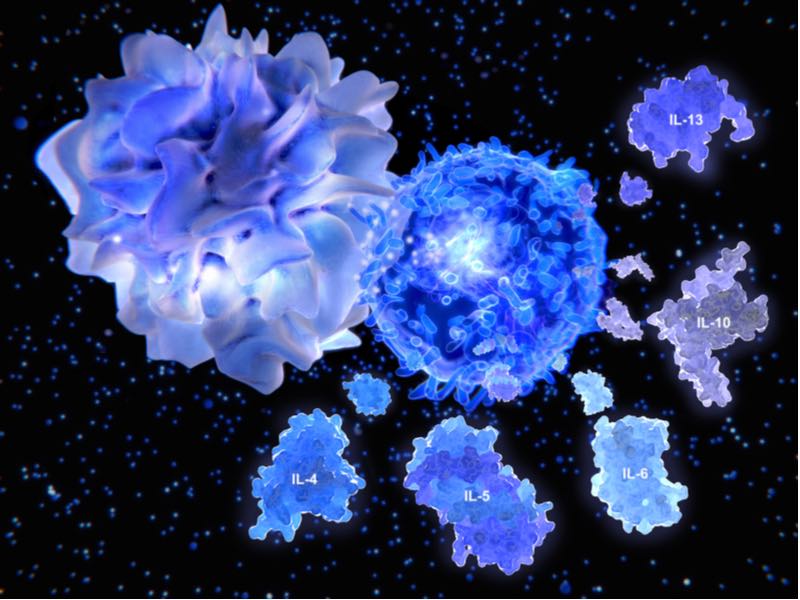U.S. biotech company Imagine Pharma is showcasing its discovery of Type 1 Diabetes Activated Islet Progenitor Cells (T1D AIPCs) at the American Transplant Congress in Boston.
The company said its industry breakthrough is a critical component for the potential treatment of T1D through autologous cell transplantation.
T1D AIPCs are novel cell populations generated and propagated from isolated T1D human islets or pancreas biopsies. The company said its findings show that T1D AIPCs secrete insulin in response to a specific stimulus.
Imagine Pharma generated T1D AIPCs from eight different tissue/cell preparations from patients from 27 to 58 years of age, all with long-standing (more than 15 years) type 1 diabetes. T1D AIPCs were generated in sufficient quantities to support autologous transplantation.
“We are very excited to share our news with the transplant and diabetes communities, and are honored to present our findings at the American Transplant Congress,” said Ngoc Thai, Imagine Pharma’s Founder, co-CEO, and CMO. “We envision that our novel cell population of T1D AIPCs holds tremendous potential for the treatment and cure of type 1 diabetes via autologous cell transplantation.”
Type 1 diabetes
Type 1 diabetes affects approximately 1.6 million people in the U.S. and more than 20 million people worldwide. In the U.K., about 8% of people with diabetes have type 1 diabetes.
With type 1 diabetes, the body still breaks down carbohydrates from food and drink and turns it into glucose. But when this glucose enters the bloodstream, there is no insulin to allow it into the body’s cells. This means glucose builds up in the bloodstream, which leads to high blood sugar levels.
Over time, high blood sugar levels can damage the heart, eyes, feet and kidneys.
Both type 1 and type 2 diabetes have long been targeted by biotech companies. Just last month, Evotec and Sernova announced they are to join forces to advance a beta cell replacement therapy to treat insulin-dependent diabetes.
Also, the Diabetes Research Institute in the U.S. is developing a bioengineered mini-organ where insulin-producing cells are encapsulated within a protective barrier. This ‘mini-pancreas’ is then implanted into the omentum, a part of the abdominal lining.
Cover image: Shutterstock





